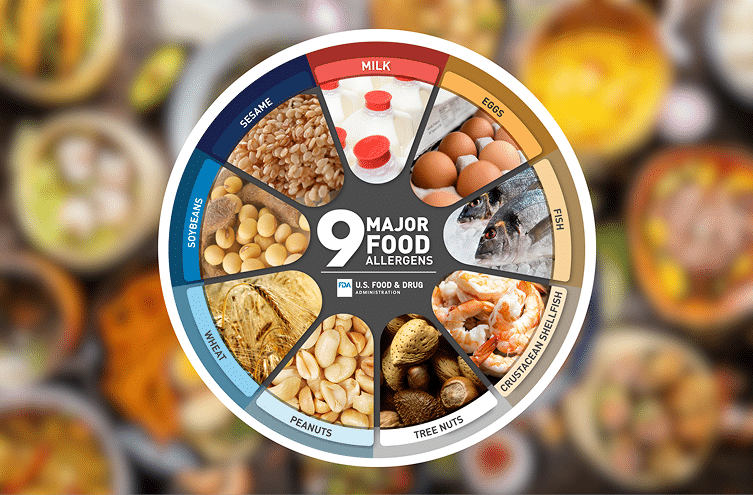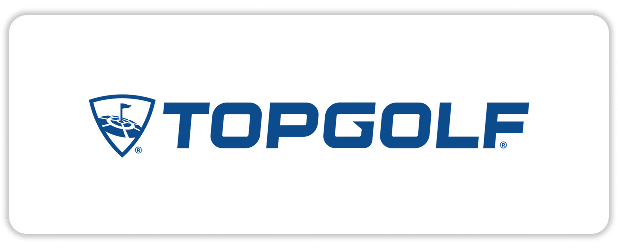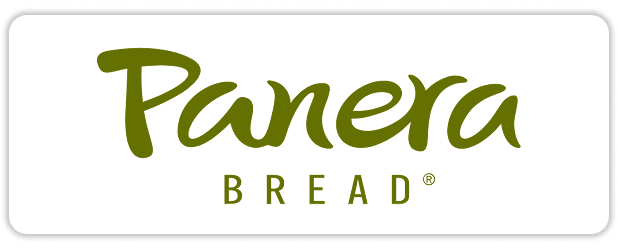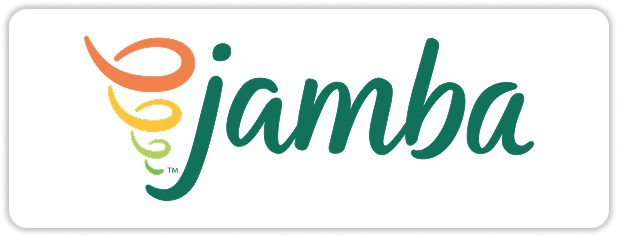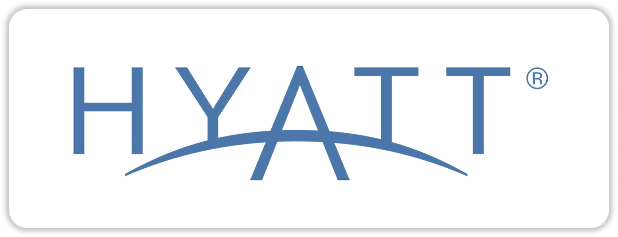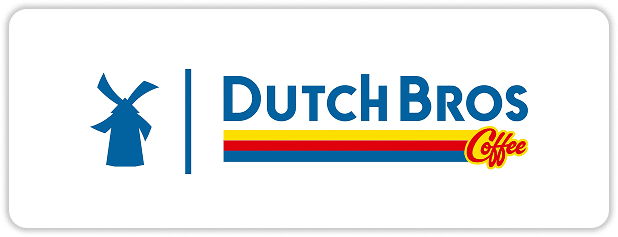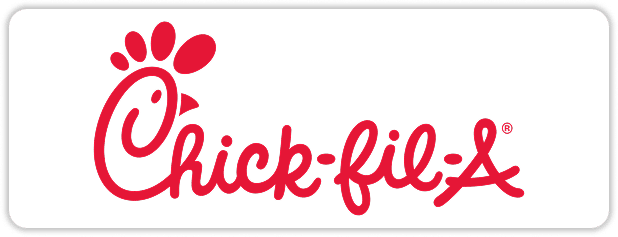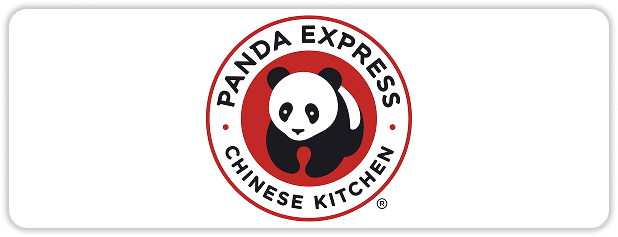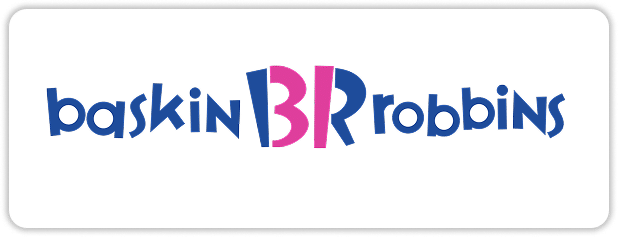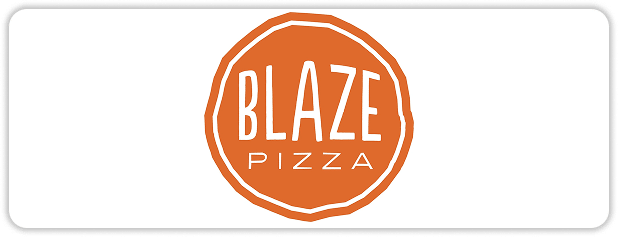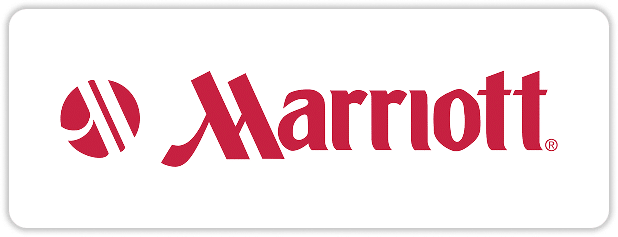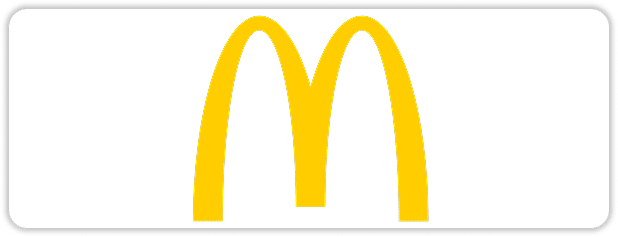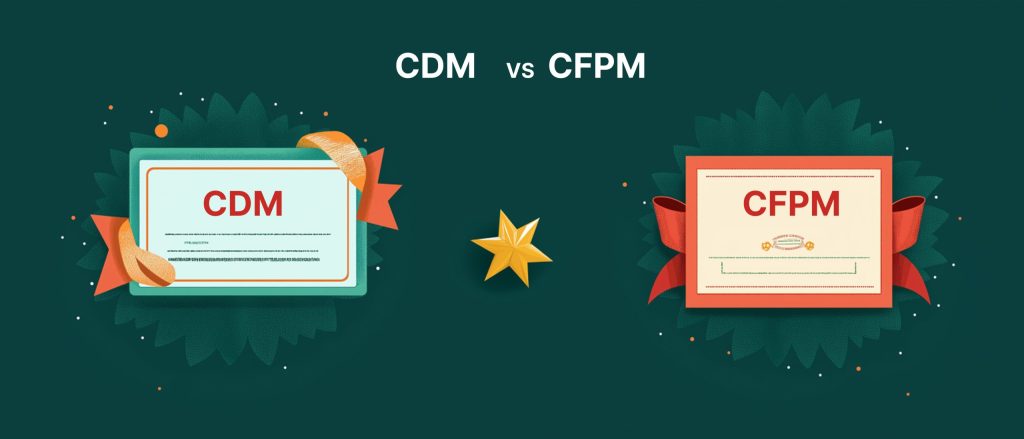
Certified Dietary Manager (CDM) vs Certified Food Protection Manager (CFPM): Understanding the Differences in Food Safety Leadership
In food establishments such as healthcare facilities, schools, and commercial kitchens, having a trained food safety leader is not just important—it’s a regulatory requirement. Two of the most commonly recognized designations are the Certified Dietary Manager (CDM) and the Certified Food Protection Manager (CFPM). While both roles are essential in promoting food safety, they are quite different in scope, eligibility, and career focus.
Let’s break down the key differences between the CDM and CFPM certifications, so you can better understand which path suits your career or facility needs.
What Is a Certified Dietary Manager (CDM)?

A Certified Dietary Manager is a foodservice professional who specializes in nutrition, foodservice operations, and food safety, primarily within healthcare and long-term care settings. This certification is ideal for individuals managing dietary departments in hospitals, assisted living, and nursing home environments.
Areas of Competency for Certified Dietary Manager (CDM):
- Menu planning and nutrition
- Sanitation and safety
- Personnel and communication
- Foodservice operations
- Business and financial management
After completing the exam, individuals also receive recognition as a Certified Food Protection Professional (CFPP), though it’s important to note that this credential is not accredited by the ANSI National Accreditation Board (ANSI National Accreditation Board (ANAB)) or the Conference for Food Protection (CFP).
Certified Dietary Manager (CDM) Exam Requirements
- Cost: $425 (excluding training materials)
- Exam Format: 160 multiple-choice questions (140 scored, 20 unscored)
- Testing: In-person at designated centers
- Renewal: 45 hours of continuing education every 3 years (9 hours in sanitation and safety)
What Is a Certified Food Protection Manager (CFPM)?
What the Certified Food Protection Manager (CFPM) Exam Covers:
- Personal hygiene and employee health
- Time and temperature controls
- Cross-contamination and cross-contact prevention
- Cleaning and sanitizing
- Pest control and facility maintenance
- Regulatory compliance and foodborne illness prevention
- Cost: Typically $75–$120
- Exam Format: 80-90 multiple-choice questions (with 5 unscored)
- Testing: Offered online or in testing centers (availability may vary)
- Renewal: Every 5 years by retaking and passing an accredited exam
The CFPM certification is accepted in nearly every jurisdiction and is commonly required across all types of food establishments—restaurants, cafeterias, schools, catering companies, and more.
Side-By-Side Comparison: CDM Vs CFPM
| Category | Certified Dietary Manager (CDM) | Certified Food Protection Manager (CFPM) |
|---|---|---|
| Prerequisites | Must meet one of five formal education or experience pathways | None |
| Cost | $425 | $75–$120 |
| Exam Length | 160 multiple-choice questions | 80–90 multiple-choice questions |
| Exam Coverage | Foodservice, business ops, sanitation, nutrition | All aspects of food safety and regulation |
| Accreditation | Not accredited by ANSI National Accreditation Board (ANAB)-CFP | ANSI National Accreditation Board (ANAB) Accredited |
| Renewal | 45 CE hours every 3 years | Retake exam every 5 years |
| Common Workplaces | Healthcare, schools, correctional facilities | All food establishments |
| Exam Format | In-person only | Online or in-person |
Which Certification Is Right for You?

- If you work in healthcare and are responsible for both nutrition care and foodservice management, the CDM certification may be required or highly preferred. However, keep in mind that many states still mandate a separate Nationally Accredited Food Manager Certification—meaning a CFPM may still be necessary for compliance.
- If you work in a traditional food establishment, such as a restaurant, food truck, cafeteria, or school—earning your Certified Food Protection Manager (CFPM) through an ANSI National Accreditation Board (ANSI National Accreditation Board (ANAB)) Accredited program is the best route. This certification meets national food safety standards and is recognized by state and local health departments.
The Bottom Line
- The CDM focuses on a broader scope of dietary management, ideal for healthcare environments.
- The CFPM is focused solely on food safety, and it remains the gold standard for compliance across most food establishments.
If you’re looking to meet health department requirements or advance your career in food safety, earning a Nationally Accredited Food Manager Certification through the ANSI National Accreditation Board (ANSI National Accreditation Board (ANAB)) is the most direct and recognized path.
Ready to Get Certified?
At AAA Food Handler, we offer a Nationally Accredited Food Protection Manager Certification that prepares you to meet regulatory requirements and keep your establishment in compliance. Whether you’re in California, Florida, or anywhere across the U.S., our programs are designed to help you succeed.
Explore our Food Protection Manager Certification program and get started with a course that’s trusted, nationally accepted, and tailored for your success.




